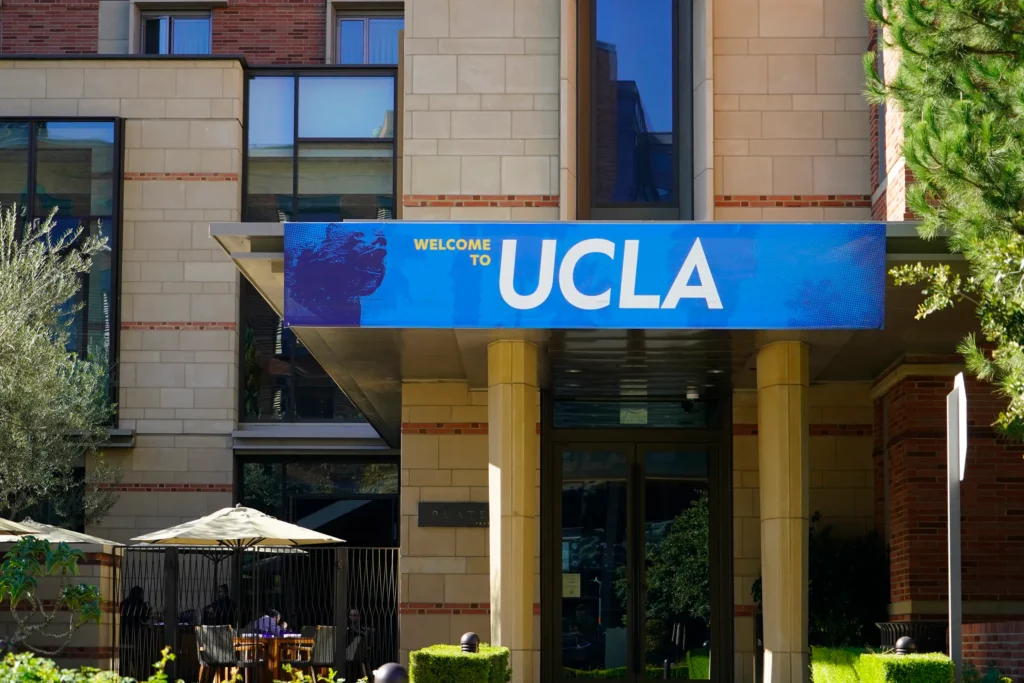According to a new UCLA survey released on Wednesday, concerns about the high cost of living have driven residents of Los Angeles County to their lowest-ever level of satisfaction, with renters feeling particularly pessimistic about what the future holds.
According to the most recent version of the UCLA Luskin School of Public Affairs’ quality of life index, respondents find living in Los Angeles to be essentially depressing, even with its weather, beaches, and delicious tacos.
While people worry about feeding their children and losing their houses, the cost of living continues to be a major concern. Just 10% of locals claimed that their area’s homelessness had improved in the previous year, while the majority claimed it had gotten worse. Merely 20% express greater hope than they did the previous year for an improvement in Los Angeles County’s homelessness problem.
The study measures the happiness levels of county people across nine different categories. On a scale of 10 to 100, the overall rating decreased by two points from the previous year to 53. This is the second time in three years that the rating has dropped below the survey’s midpoint of 55 since the index’s introduction in 2016. This indicates that the majority of respondents are not happy with their lives as a whole. The highest rating of 59 was obtained in 2016 and 2017.
The cost of living category had the lowest satisfaction score ever recorded for any category in the poll, falling from 41 to 38. While the expense of living was adversely rated by all major demographic segments, women (36, including 33 for those between the ages of 50 and 64) and Latinas (36), along with renters (35), had the lowest marks.
The UCLA study’s director, Zev Yaroslavsky, stated that the region’s economic and inflationary pressures disproportionately harm renters, who comprise about half of the survey’s participants. 59% of respondents, or more than half, said that their ranking was mostly based on housing.
“The cost of housing has increased,” Yaroslavsky declared. Furthermore, incomes have not increased in a manner that is even remotely comparable to the changes in housing.
In Los Angeles County, 61% of homeowners are positive about their financial future, compared to 51% of renters who are pessimistic. Merely 23% of tenants believe that they will eventually be able to own a house where they wish to reside. “We discovered very little optimism about whether the current programs and efforts to eradicate homelessness will work,” Yaroslavsky said.
When asked if they were concerned about ending up homeless themselves, respondents showed the greatest levels of anxiety: 44% of those in households with yearly incomes under $60,000, 37% of renters, and 33% of Black residents. “Despite the best efforts of state and local officials, the public is more negative and less hopeful about solving homelessness,” Yaroslavsky said.
had just slight variations from the year before. Transportation and traffic continued to be among the three least important categories in terms of quality of life; satisfaction with education dropped three points to 48, the second-lowest score after cost of living; and remote work was still strongly preferred, with roughly two thirds of respondents (67%) wishing they could work from home at least part of the time.
In order to compile this year’s quality of life survey, 1,686 county residents were interviewed over the course of 30 days starting on February 22. The margin of error for the survey is three percent.
The poll also looked at how well-liked local elected officials were. With 42% of respondents seeing her positively and 32% unfavorably—a decrease from last year’s 46% favorable and 23% unfavorable—Los Angeles Mayor Karen Bass had the greatest favorability of any responder.
A small majority of respondents—37 percent favorable and 32 percent unfavorable—had a positive opinion of the city councils in their communities. There is a greater negative perception of the Los Angeles County Board of Supervisors (27% positive and 35% unfavorable).






